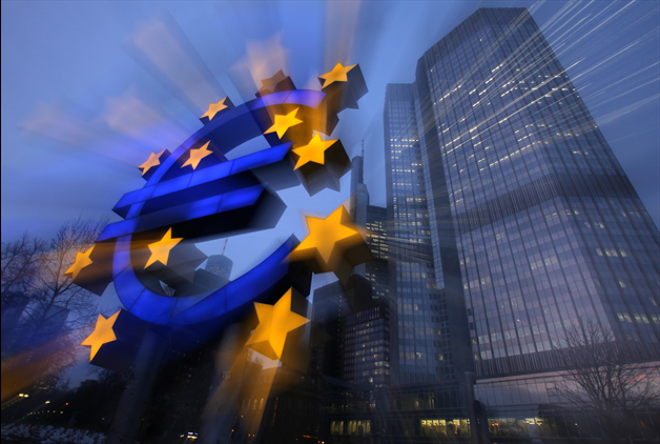Advertisement
Advertisement
The Euro Could Experience High Volatility and Fall Over the Upcoming Months
By:
The euro could experience a high degree of volatility over the coming months, despite the European Commission raising its growth forecasts.
Politics have been weighing on the currency markets, President Trump has added some volatility to the U.S. dollar recently, with one of his advisers indicating that Germany is using a “grossly undervalued” euro in an attempt to gain advantage over the U.S. and its EU partners. With the first round of the French Presidential election coming in just over two months, the euro could experience heightened volatility and market participants should be following the comments made by French presidential candidates. Since France is one of the largest economies in the EU, its politics could influence the decisions and policies in other countries in the EU.
EU Forecasts Pushed the Euro Higher to 1.066, but Retreated Thereafter
Now, according to European Commission in its Winter 2017 Economic Forecast Report, EU member states’ economies are set to grow. The Commission raised its 2017 growth forecast by 10 BPs, or 0.10%, to 1.60%. Moreover, it indicated that Europe’s economy is expected to grow by 1.8% in 2018. Additionally, it upgraded its inflation forecast to 1.7% in 2017.
That being said, the euro was buoyed by these economic forecasts for a few hours on February 13, 2017, and it hit a high of 1.066, before pulling back and ending up down by 0.26% by 9:45 AM ET. It seems as if the inflation target was still below the market’s expectations and the ECB’s stated target, causing the currency to fall. Additionally, the strength of the U.S. dollar caused the EUR/USD to retreat. The U.S. Dollar Index rose above 101.02, primarily driven by President Trump’s comments indicating that he could be giving corporations and U.S. citizens major tax cuts.
Trader Jason Bond stated in his long-term ETF newsletter on February 8, 2017,”The FOMC is open to raising interest rates, and some hawkish Fed officials could vote for a rate hike at the next meeting. In turn, the U.S. dollar could strengthen against the euro over the long term, which would benefit EUO. Moreover, the political uncertainty in Europe could push the euro lower, potentially benefitting EUO.”
Now, EUO is the ticker for the ProShares UltraShort Euro, which provides leveraged inverse exposure to the daily performance of the U.S. dollar price of the euro.
With the inflation target still below the ECB’s stated target, the proposed extension of Quantitative Easing (QE) could still be a possibility, which would cause the euro to head lower. Moreover, in the U.S., interest rates are expected to rise two or three times in 2017, which would increase the value of the U.S. dollar, and in turn, this could push the EUR/USD lower.
French Presidential Election in Focus
Now, some market participants have been bearish on the euro, primarily due to the political uncertainties in France. The risk of French Presidential candidate Marine Le Pen winning the election grows, and it could push the euro lower. Although many see a Le Pen win as a black swan event, it’s reminiscent of the U.S. Presidential election when many experts were not placing a high enough probability of Trump winning.
All eyes are on Le Pen, and ratings agency DBRS indicated that Le Pen’s suggestion to negotiate a process with euro zone countries to leave the EU could drastically affect France’s rating and potentially other EU countries’ ratings.
The Bottom Line
The euro could experience a high degree of volatility over the coming months, despite the European Commission raising its growth forecasts. The EUR/USD is one currency pair that market participants may want to watch ahead of the first round of the French Presidential election in April 2017. Anything Le Pen and U.S. President Trump says regarding the EU or the euro should not be taken lightly, since it could affect the EUR/USD.
About the Author
Guestauthor
Advertisement
